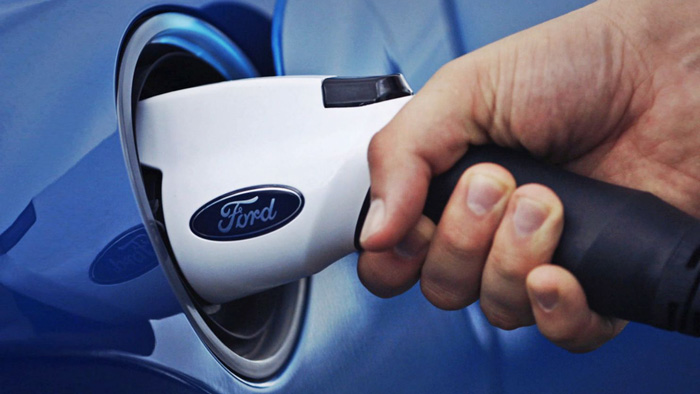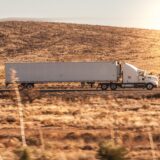
California and major automakers agree to new emission standards
Despite the current U.S. administration’s efforts to roll back emission standards for light-duty cars and trucks, the state of California and a consortium of automakers have agreed to a more stringent voluntary set of emission standards. The consortium includes Ford, Honda, BMW North America, and Volkswagen Group of America. California has taken the lead in this initiative to address growing environmental concerns as the Trump administration is preparing to roll back federal vehicle emission standards, effectively freezing them at the 2020 level through the 2026 model year.
“Few issues are more pressing than climate change, a global threat that endangers our lives and livelihoods. California, a coalition of states, and these automakers are leading the way on smart policies that make the air cleaner and safer for us all,” said Governor Gavin Newsom. “I now call on the rest of the auto industry to join us, and for the Trump administration to adopt this pragmatic compromise instead of pursuing its regressive rule change. It’s the right thing for our economy, our people and our planet.” California accounts for 12% of U.S. vehicle sales.
The new standards outline plants to annual reductions of vehicle greenhouse gas emissions through 2026 and encourage adoption of electric vehicles. Lastly, the agreement provides certainty to the industry which will encourage investments and create jobs. The agreement stipulates that only cars meeting these standards will be sold in the United States.
Under the agreement, there should be at least a 30% reduction in greenhouse gas emissions (GHGs) compared to splitting up the standards between those followed by California and 13 other states and the less stringent standards proposed by the Trump administration. “This agreement represents a feasible and acceptable path to accomplishing the goals of California and the automobile industry,” said California Air Resources Board Chair Mary D. Nichols. Nichols further explained that they would move forward with these plans regardless of White House participation.
Global automakers have appealed to the White House and the state of California to work together on a single national standard, warning of uncertainty for the auto market and noting that auto industry jobs are at stake. The Obama-era rules from 2012 called for a fuel efficiency average of 46.7 miles per gallon by 2025, with average annual increases of about 5%, compared to 37 mpg by 2026 under the current Trump administration.
California’s deal with automakers would increase standards at a nationwide average annual rate of 3.7% starting in 2022 through 2026. The deal extends credits for building electric, plug-in hybrid and hydrogen fuel vehicles and also hikes the cap for winning credits for fuel efficiency improvements not captured by traditional testing.













